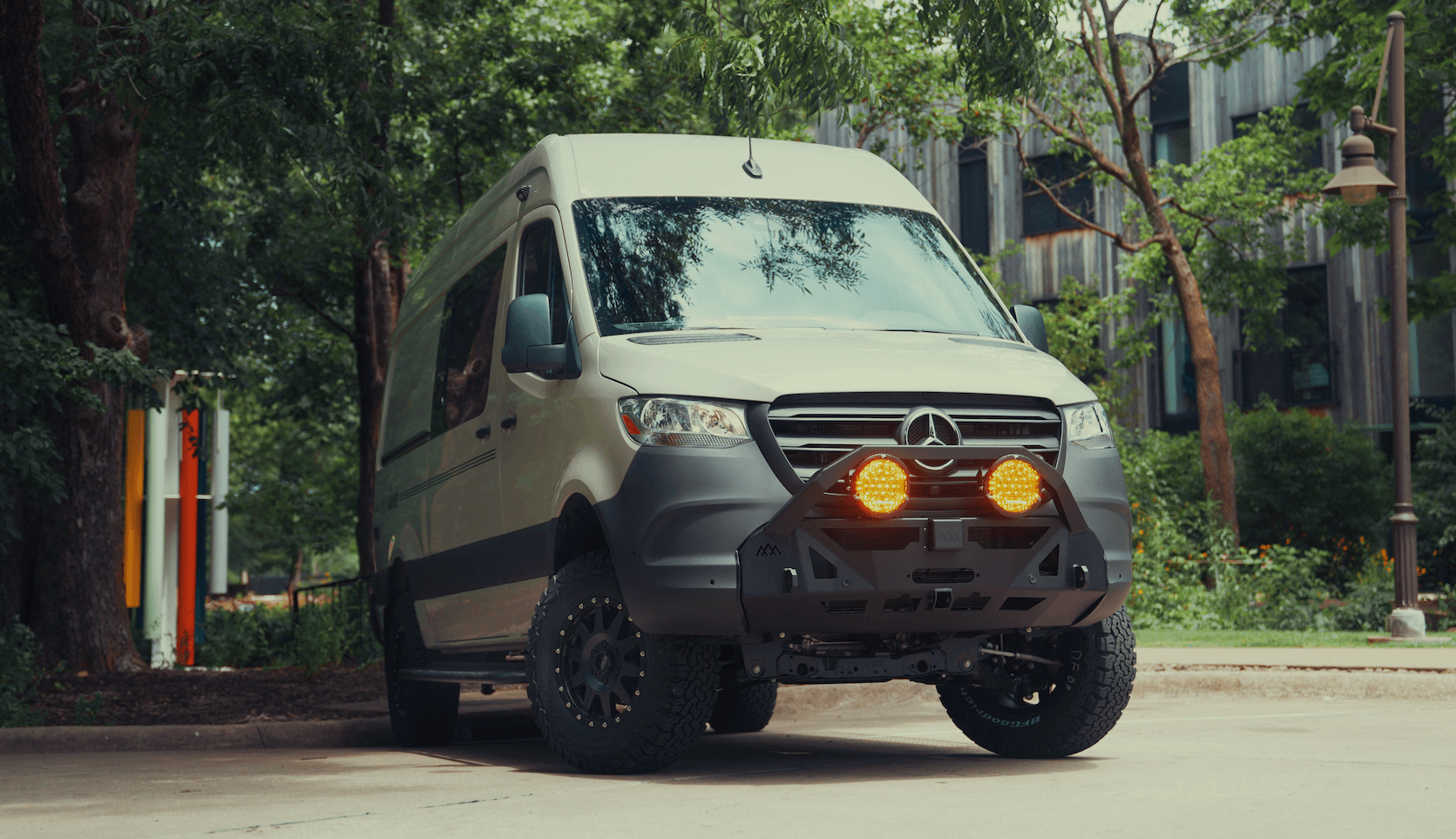Recreational Vans

Insurers look for permanence and safety when they classify a van build. A conversion that includes a fixed bed, a secured galley or cooking area, built in storage, and onboard water can qualify as a motorhome under many state definitions. Once you cross that threshold, you may need to reclassify the title or registration to a motorhome to unlock RV style coverage. Without reclassification, carriers can treat the vehicle as an unlisted modification on a standard auto policy, which risks coverage gaps. Always confirm the features your state requires for motorhome status before you apply for a policy.
Underwriters care about risk. Electrical systems should be fused correctly with appropriate wire gauge, distribution panels, and overcurrent protection. Use GFCI protected outlets near water and shore power. For propane, secure cylinders in a vented compartment, include a shutoff, use approved regulators, and perform a leak test. Install smoke and carbon monoxide detectors and a rated fire extinguisher within reach of the cook area. If you add passenger seating, use tested seat bases with seat belts that tie into structural anchor points. These items are not just smart for the road, they help your policy get approved.
Some states or carriers request a photo inspection or a physical review when a van changes class. Expect verification of VIN, safety equipment, and key systems. Inspections help underwriters confirm that the build matches the declared features and that the value aligns with receipts. If your gross vehicle weight rating has not changed, the inspection focuses on occupant safety and equipment rather than emissions or drivetrain.
Once your van qualifies, you will likely compare RV policies with agreed value or stated value coverage. With agreed value, you and the carrier set a payout number up front based on documentation. Stated value lets you declare an amount, but the payout can be the lower of cost or market at claim time. Ask about aftermarket equipment endorsements, personal effects coverage, roadside support for taller vehicles, and full time use endorsements if you live in the van year round. Be honest about how and where the van is stored, and list every major accessory so it is protected.
The simplest way to pass underwriting is to build to clear standards and document everything. Our team in Fayetteville Arkansas designs cabins and systems for safe travel and straightforward insurability. We specify tested components, label circuits, and provide photo documentation that underwriters appreciate. If you are weighing policy options, carriers respond well to organized build sheets and clear proof of permanent installations, which we provide at handoff.
Insurance should not be the hardest part of your van journey. OZK Customs builds insurable vans with clean documentation, compliant systems, and thoughtful safety details that make underwriting easier. Tell us how you travel and we will design a build that protects your people and your budget.
Ready to insure a custom van without guesswork? OZK Customs builds to code, documents every component, and provides insurer ready spec sheets and photos that help underwriters approve coverage fast. Tell us how you travel and we will design a compliant, insurable build that protects your investment. Fill out the form to start your build and insurance ready documentation today.
ADDRESS:
6159 E Huntsville Rd, Fayetteville, AR 72701
PHONE:
(479) 326-9200
EMAIL:
info@ozkvans.com